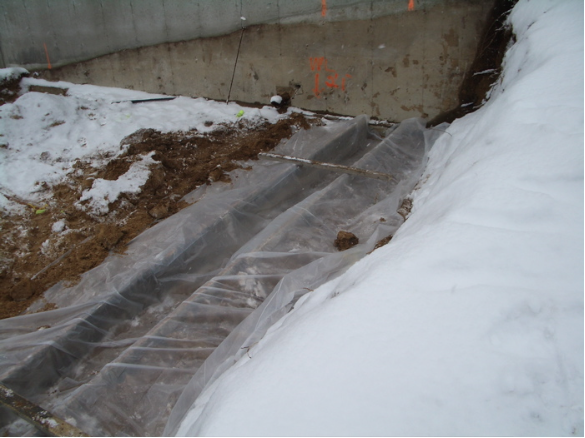Safe Harbor is a multidisciplinary environmental consulting group specializing in environmental risk assessment, coastal erosion response, conflict resolution and education. The Reallocation of Resources Initiative (RRI) was created as a pilot project in response to our organizations involvement in local building and understanding of the complexities surrounding natural and manmade resource recycling. RRI’s main goal is to decrease the amount of resources diverted to landfills by connecting local communities and green builders with reclaimed resources for Reuse with future construction and energy generation. A free downloadable copy of our publication is available below:
Download: Reallocation of Resources Initiative
Lighthouse Vision Retreat
Race Point Lighthouse, Provincetown Massachusetts On October 24th through 25th, our team stayed on the edge of the Earth at Race Point lighthouse for a vision retreat. I asked everyone to bring with them a vision of how they want to feel about working with Safe Harbor. I wanted us to share a vision of what Safe Harbor could be and develop some reachable goals together for the coming year.
I offered a field trip through the linked habitats of salt marsh, dunes, upper and lower beach and intertidal zone. We compared diversity with the degree of stress in each habitat. I had been involved in planning the restoration of this marsh.
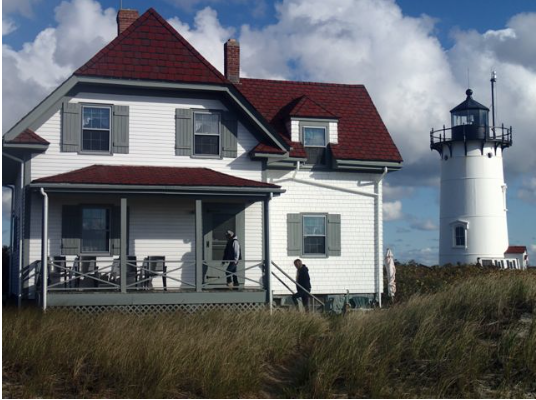
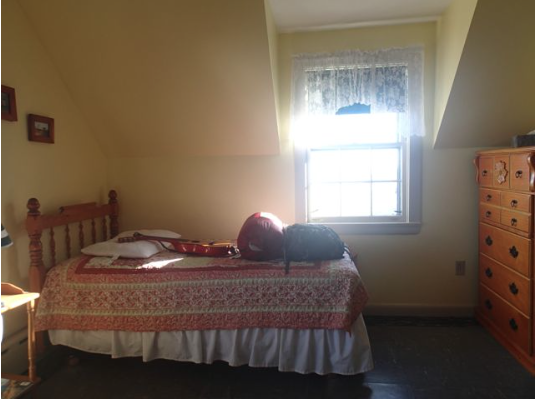
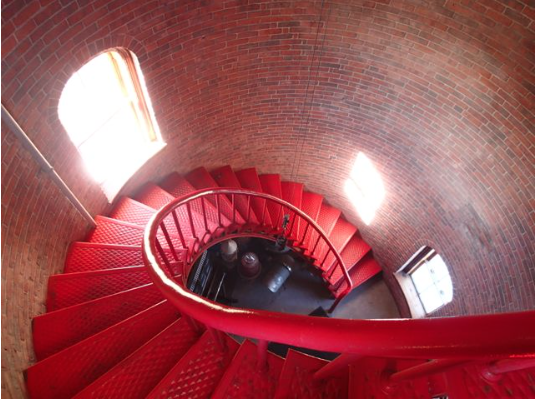
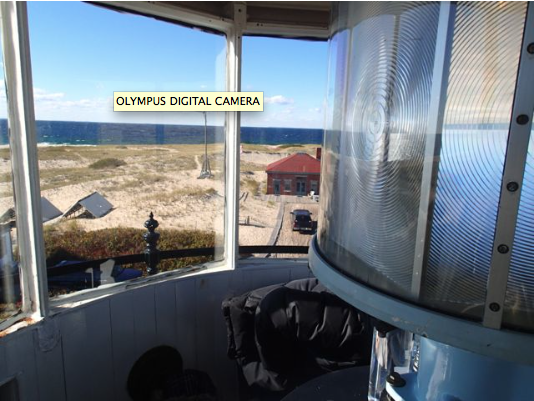
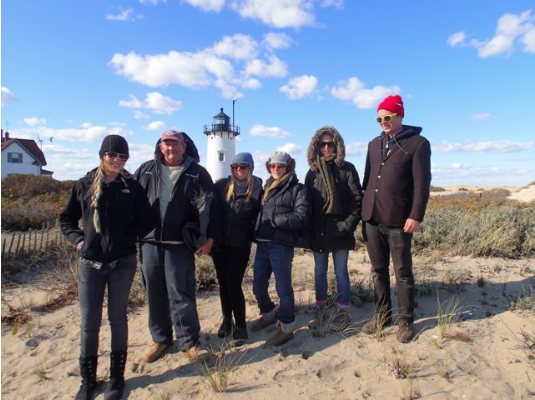
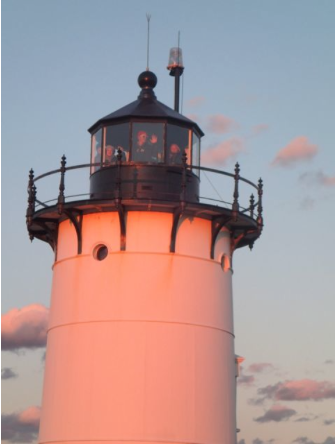
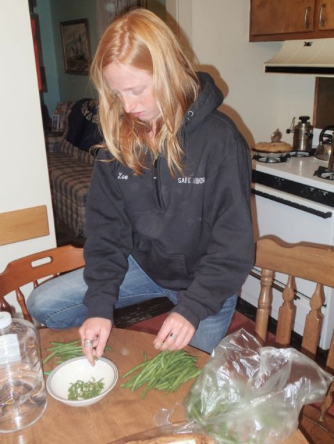
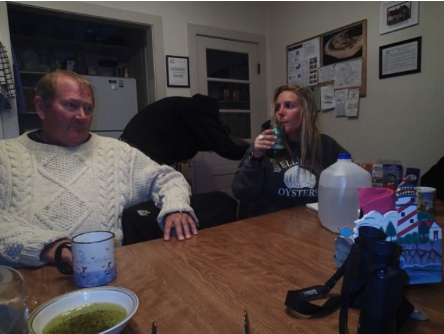
We shared bedrooms in the restored Keeper's Quarters. The lighthouse has electricity, and amenities. I asked our new Intern Zoe, to act as Retreat Coordinator. Zoe coordinated arrangements and transportation with the Lighthouse Foundation and created menu choices for lunch, dinner and breakfast. After dinner we made time to share our thoughts together.
Funding for this retreat comes from an Environmental Vision Grant through Safe Harbor’s environmental education fund.
The Retreat:
Our Vision Retreat Handbook includes site specific information on marsh restoration, currents, erosion and deposition, as well as some commonly found plants and animals we are likely to encounter.
For your own free copy, click on this link: RACE PT RETREAT
Alternative Foundation Systems
Helical Screw Piles and Diamond Pin Piles
Helical Screw Piles and Diamond Pin Piles provide foundation support without excavation, back-fill, form-work or concrete. Our free publication is downloadable, click on the link below
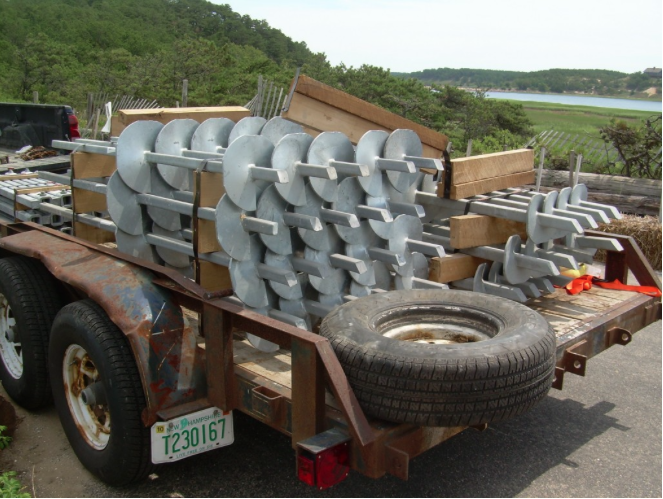
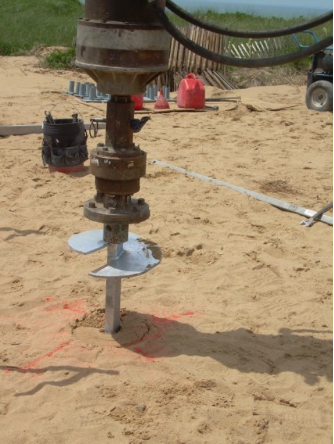
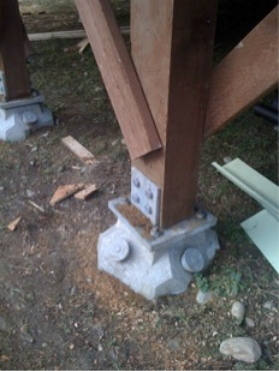
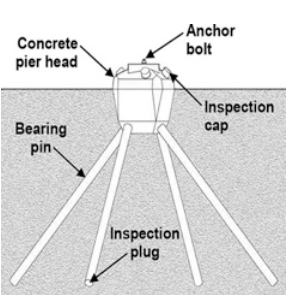
Wind Energy
A WIDE VARIETY OF INNOVATIVE VAT SYSTEMS ARE EMERGING.
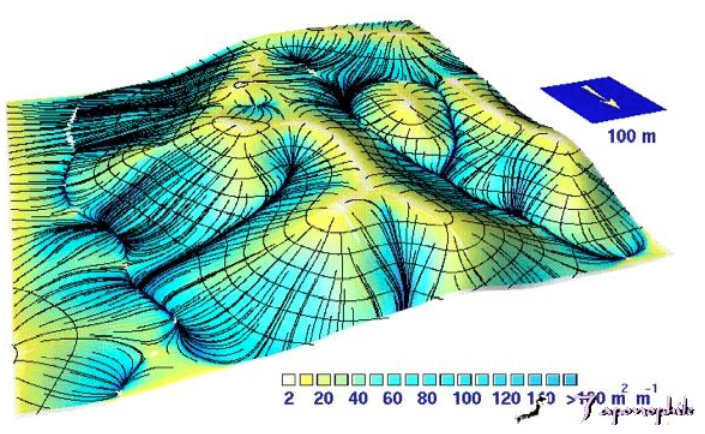

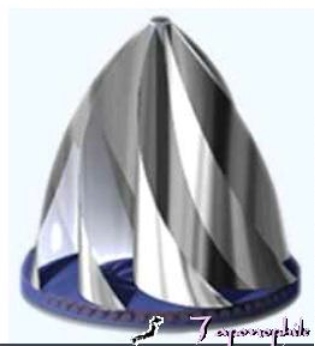
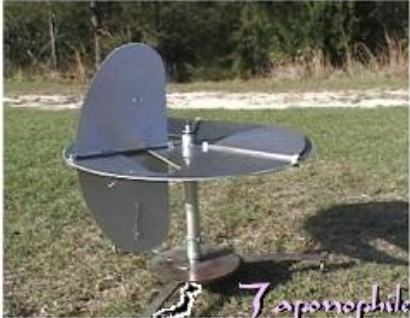

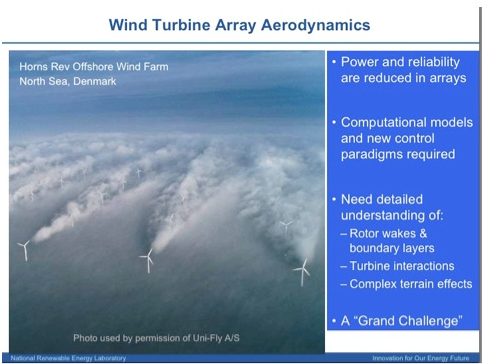
THE SLIDE SHOW PRESENTS A FEW ALTERNATIVE WIND SYSTEMS THAT WE BELIEVE ARE WORTH CONSIDERING. THE ACCOMPANYING BOOKLET PROVIDES SOURCES. VAT NAYSAYERS POINT OUT THAT THESE SYSTEMS HAVEN'T BEEN ABLE TO PRODUCE PROMISED RESULTS AND SHOULD BE DISCARDED. IN RESPONSE TO THAT, SAFE HARBOR BELIEVES THAT SUSTAINABLE ENERGY SYSTEMS SHOULD BE AFFORDED THE SAME BIRTHING PERIOD AFFORDED TO CARBON. REMEMBER THE THREE REASONS WHY AUTOMIBLES WOULD NEVER BE SUCCESSFUL? "THEY ARE UGLY, THEY BREAK DOWN AND THEY SCARE THE HORSES.".
CLICK HERE TO DOWNLOAD A SAFE HARBOR WIND ENERGY SEMINAR PRESENTATION
FUTURE ZONING ON THE OUTER CAPE MAY CONSIDER WIND SHED VALUES AS A PROTECTED NATURAL RESOURCE. THIS WOULD PROTECT NEIGHBORHOOD ACCESS TO WIND AS AN ENERGY RESOURCE. FORWARD LOOKING COMMUNITY PLANNING SHOULD CONSIDER ENERGY ACCESS ISSUES SUCH AS ONE NEIGHBOR'S TREES OR STRUCTURES BLOCKING WIND OR SOLAR ENERGY TO ANOTHER NEIGHBOR'S PROPERTY.
"Making Land from Air": Innovative Biomimicry Sand Collection System
Wednesday, July 22, 2015 02:00:00 PM EDT - 03:00:00 PM EDT
A special thank you to NOAA and the US Fish and Wildlife Service in Washington, DC for the invitation to make this presentation. The presentation can also be downloaded from our publications page.
Concrete Management Techniques
When using concrete near wetland resources, easy techniques are implemented to protect ground water. Concrete and rinse water characteristics can create nutrient over loading. This publication includes green building techniques that protect ground water quality.
FREE PUBLICATION: Download "Concrete Management"






